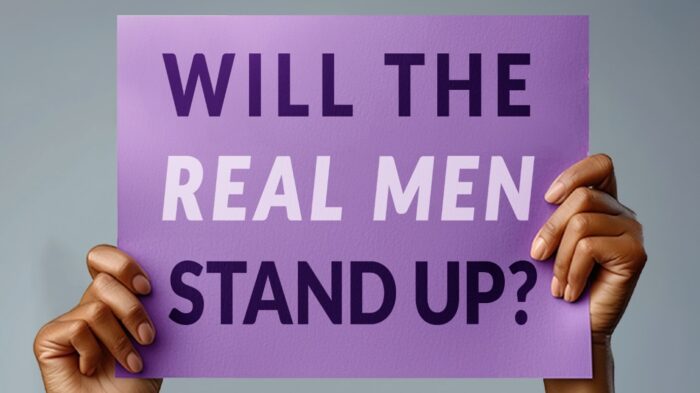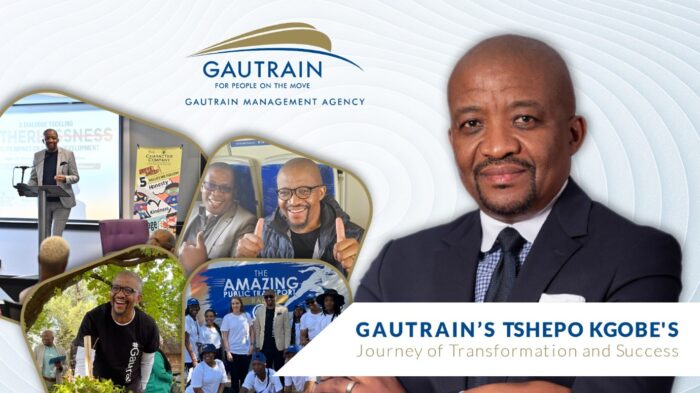Business Models For A Better World

Win-win strategies only work when there is a direct causal relationship between the positive social impact and the economics of the enterprise.
By Mariette du Plessis, Shift Impact Africa
25 JANUARY 2021 – Today companies face a choice: To bury their heads in the sand, hoping to sustain earnings for another quarter by trying to preserve traditional profit-only business models. Or, choose a Shared Value strategy, completely reinvent themselves and come up with a much better business model; one that takes into account all the social and environmental impacts, which are so consequential today.
Yet, a recent article1 published in the Stanford Social Innovation Review continues to question linkages between effectively addressing environmental issues and increased financial performance, arguing that evidence for their effectiveness remains lacking.
The authors – Andrew King, a professor at Boston University’s Questrom School of Business and fellow senior lecturer, Kenneth Pucker – explored ways in which companies are attempting to address social and environmental issues, which they contend will promote social good and lead to higher profits.
King, however, argued that this approach distracts society from adopting more effective strategies that will truly address these issues. He questioned the fundamental claims and evidence underlying some win-win strategies and the resulting financial performance alignment. King also maintained that findings from hundreds of studies (several by himself) cast doubt on the existence of any such reliable link.
To help set the record straight, Shared Value proponent, co-author and Harvard Business School Professor, Mark Kramer, responded with a statistically valid argument to the contrary.
In fact, as Kramer rightly pointed out, research2 has shown that companies, which focus their sustainability efforts on the material social and environmental factors in their industries, do in fact outperform the market by a range of 3% to 6% annually. Correspondingly, companies that ignore social and environmental factors, or focus on non-material sustainability factors, underperform the market.
Kramer elaborated further: “Materiality is important because win-win strategies only work when there is a direct causal relationship between the positive social impact and the economics of the enterprise. It would be nice if companies were rewarded just for contributing to a better world, but that is not how business works, nor is it what we have claimed. There are many companies promoting social and environmental initiatives that do nothing to advance their competitiveness, and many others with harmful products or business models that have no easy win-win solutions. Nor do we suggest that companies alone can save the world; broader systemic change requires collective efforts in partnership with governments and NGOs.”
According to Kramer, that also did not mean that win-win solutions are always illusory. “Our research has turned up hundreds of examples of companies – many on Fortune magazine’s annual Change the World list – that have improved their economic performance by creating Shared Value.”
In addition, Kramer also pointed out that the body of work criticised by the authors has been embraced by CEOs of many of the world’s largest companies – “not because it is superficially appealing, but because it actually works”.
Of course, Kramer’s counter argument prompted a reciprocal and rather academic rebut from the authors, with King stating, “The starting point for empirical analysis is the presumption of randomness. Thus, those that claim to have identified a predictable pattern must provide the evidence; those that point out a lack of evidence do not have the same burden.” He then proceeded to point out that a number of studies that support their argument have been conducted and published.
Therein, however, lies the fundamental flaw of this article – in our opinion. The authors questioned the lack of scientific rigor concerning business led win-win strategies, yet they themselves failed to back their opinions, views and claims with independent research or empirical evidence to the contrary.
In our opinion, King and Pucker’s article also misconstrues the core premise of Shared Value and fails to acknowledge the fact that Mark Kramer and Michael Porter never purported Shared Value to be either a panacea or pain-free solution to intricate social and environmental issues.
Creating Shared Value is a competitive strategy with a shift in thinking from profit-first to how companies can gain an enduring competitive advantage through having positive social impact. Ultimately, it requires a fundamental rethinking of what business we are in and how we conduct that business to align with a sustainable world.
The stark reality today is that companies have not changed their business models fundamentally enough to create a sustainable, liveable world.
That is the pre-eminent challenge and issue confronting CEOs today. It is not just about creating win-win strategies. It is whether or not we have the courage and vision to change our operating model to one that will succeed and thrive in a world where social impact, economic inequality, racial equity, environmental impact and climate change are truly critical factors in the operation of any business
- The Dangerous Allure of Win-Win Strategies by Andrew A. King & Kenneth P. Pucker. (https://sites.tufts.edu/ibgc/the-dangerous-allure-of-win-win-strategies/)
- Corporate Sustainability: First Evidence on Materiality by Mozaffar Khan, George Serafeim, and Aaron Yoon (https://papers.ssrn.com/sol3/papers.cfm?abstract_id=2575912).




